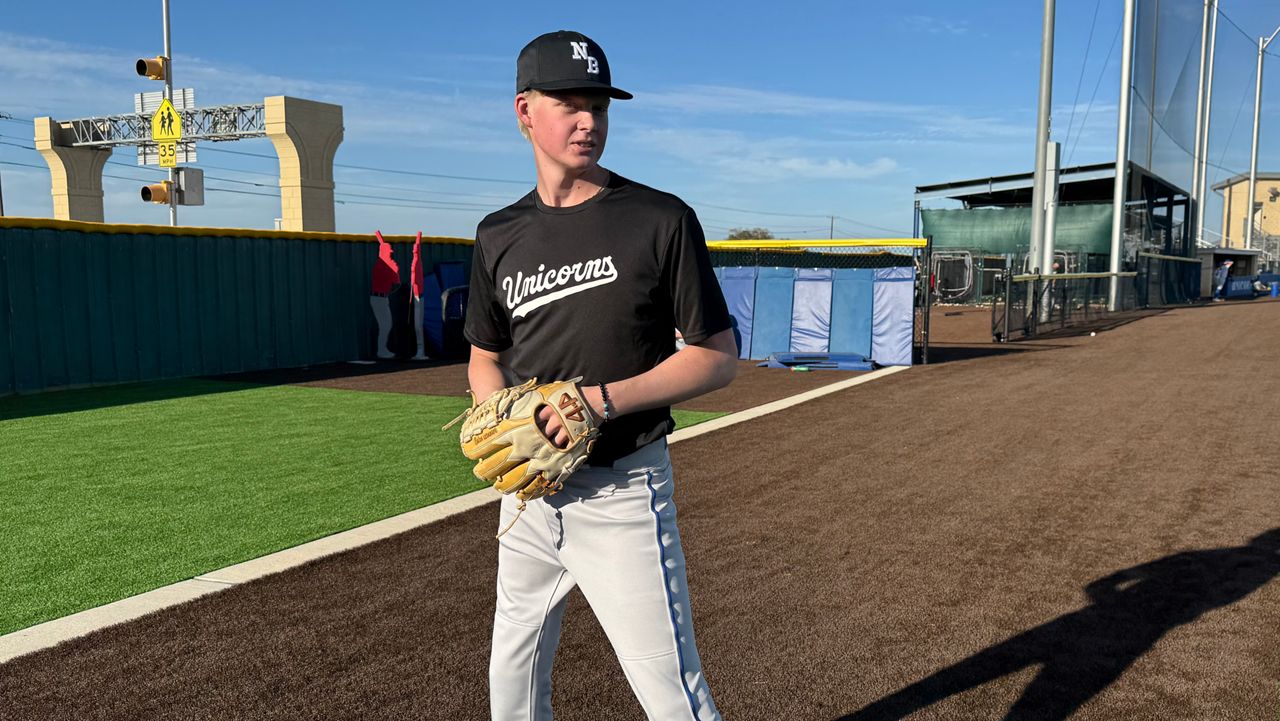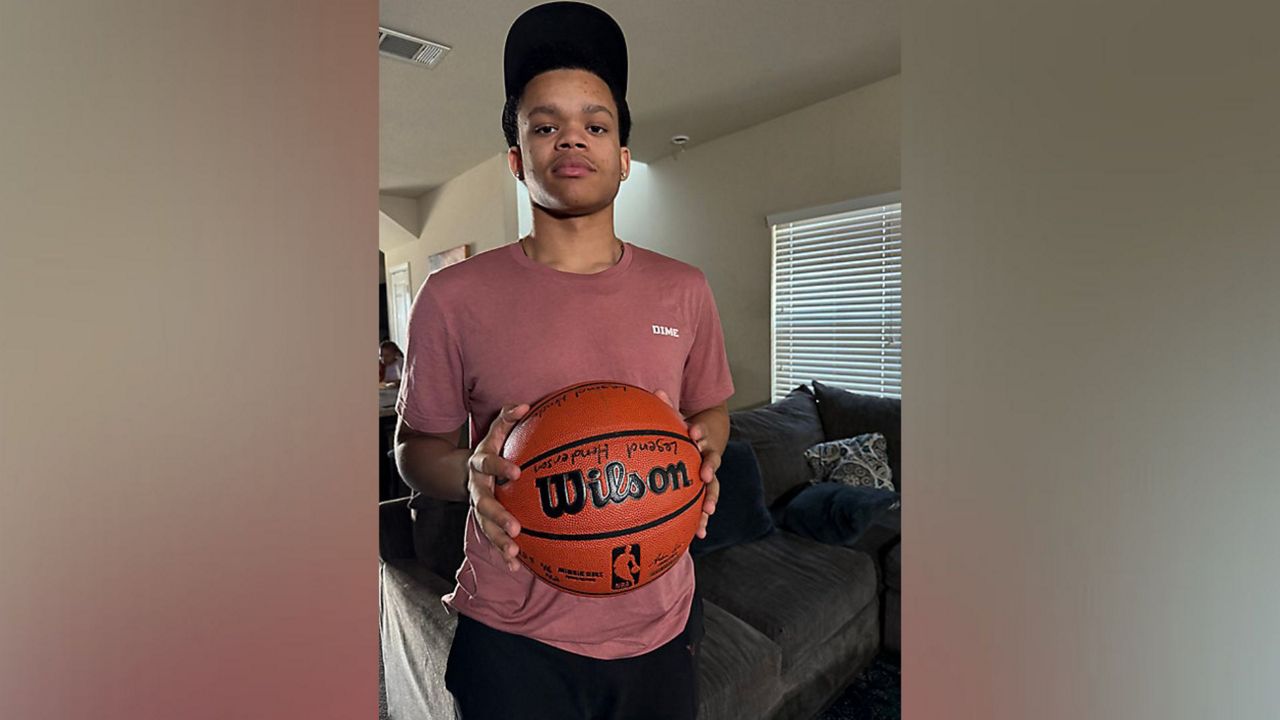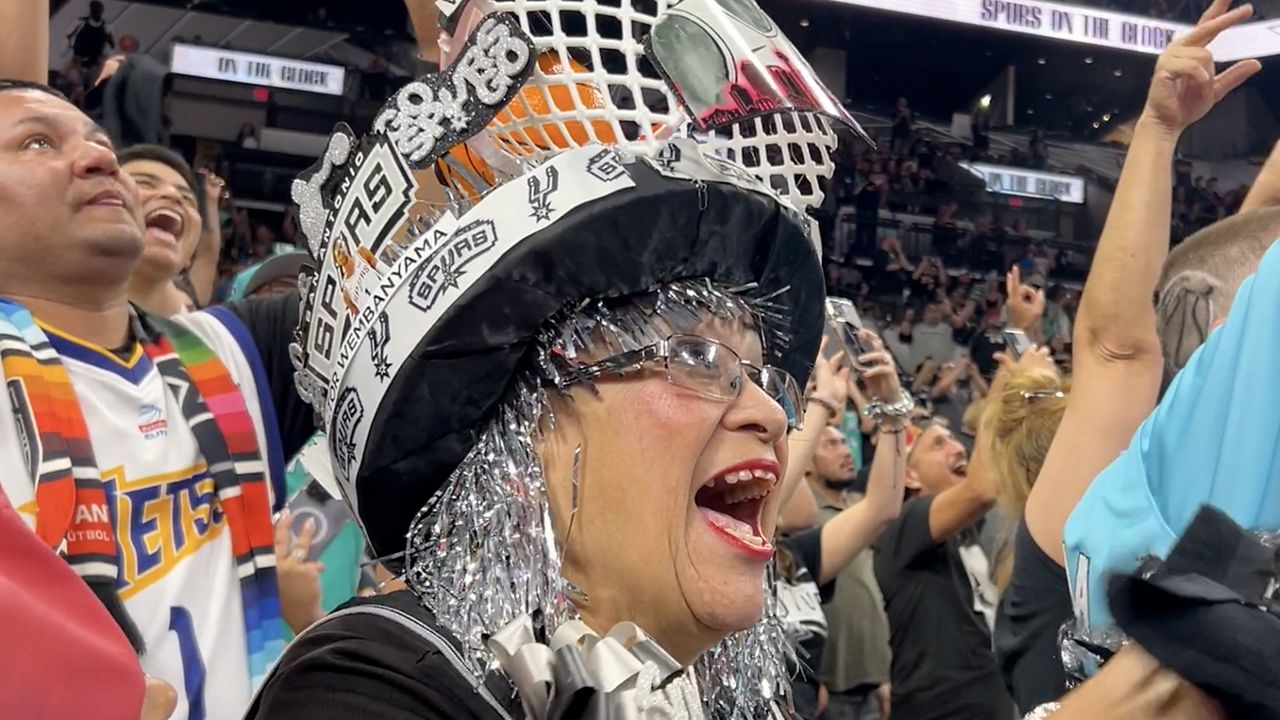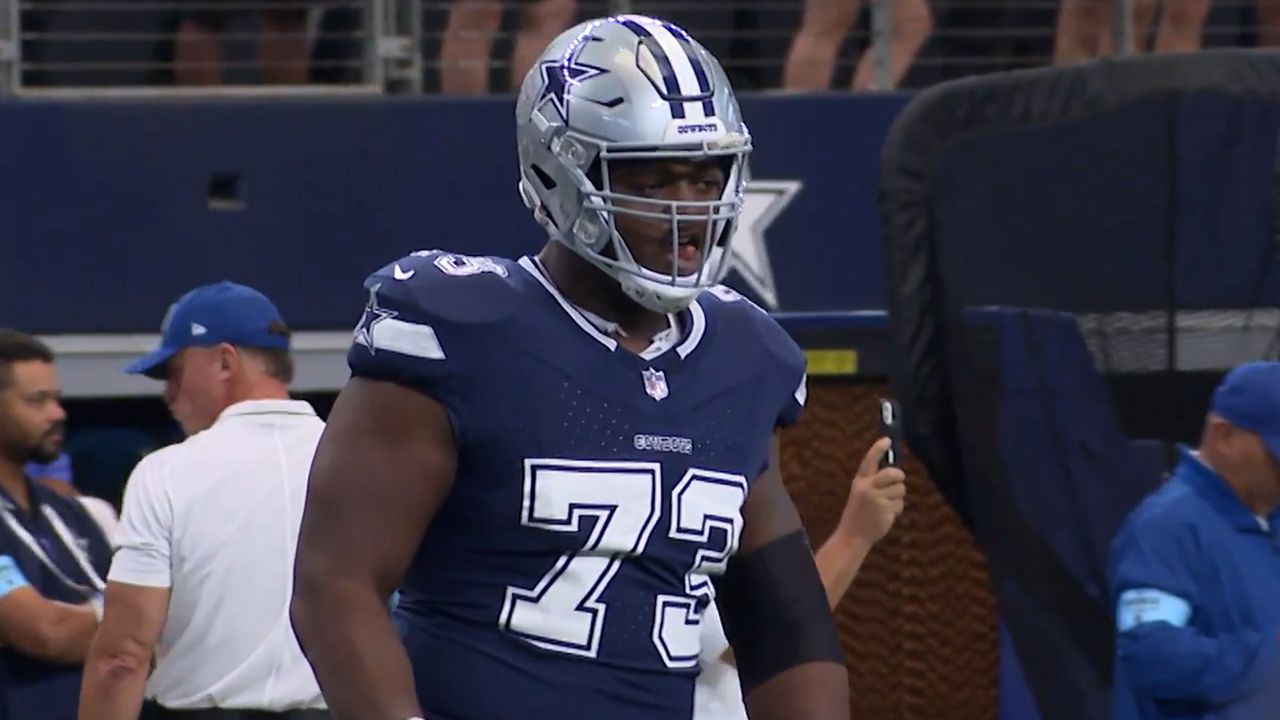SAN ANTONIO -- Athletes with violent criminal convictions are no longer welcome on University of Texas at San Antonio’s teams.
- First NCAA to implement rule
- Named after founder of Set the Expectation
- Sexually assaulted at Oregon State University
On Monday, the school released the Tracy Rule to help prevent student-athletes with violent histories from competing for the school.
UTSA is the first NCAA school to implement the rule, created by Brenda Tracy, founder of Set the Expectation.
The policy reads:
“A current or prospective student-athlete who has been convicted of, pleaded guilty or no contest to a felony or misdemeanor involving Serious Misconduct, has been found a delinquent in relationship to a juvenile code equivalent, or has been disciplined by the university or athletic department at any time during enrollment at any collegiate institution (excluding temporary disciplinary action during an investigation) due to Serious Misconduct shall not be eligible for athletically related financial aid, practice or competition at The University of Texas at San Antonio.”
Tracy said during a trip to campus that UTSA President Taylor Eighmy asked her how the school can help. When she showed him her proposal for the Tracy Rule, she said he automatically agreed.
“And then he instructed staff to start working on it. Just like that. Yes,” said Tracy. “Nothing about let me check. Let me get back to you like the dozens of schools before him. Just, yes.”
The policy also requires all current and prospective athletes, including transfer students, to complete a due diligence inquiry questionnaire, which asks about any violent or criminal conduct.
“The questions cover every loophole I can think of and every case I’ve encountered of how schools and coaches shirk responsibility for who they bring on or keep on campus. Transparency and accountability is important,” Tracy said.
The Big Sky Conference was the first NCAA conference to adopt the policy in 2018.
Tracy travels the country as a public speaker to talk to athletic departments and teams to teach players about consent and how to be part of the solution. She went public with her story of being sexually assaulted by Oregon State University football players in 2014.
She first visited the campus to meet with student-athletes and the policy grew from there.
“It was an amazing process. I was expecting resistance and I got none,” said Tracy.










